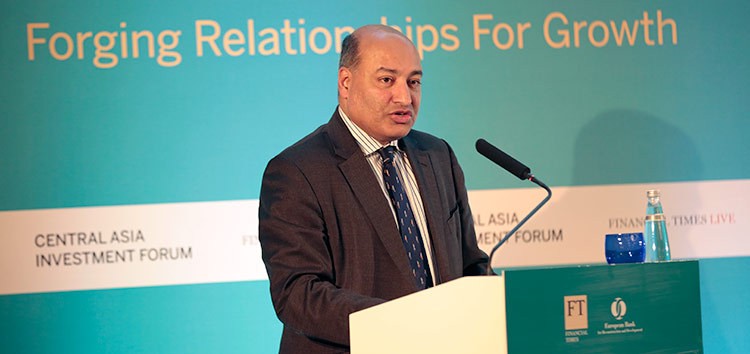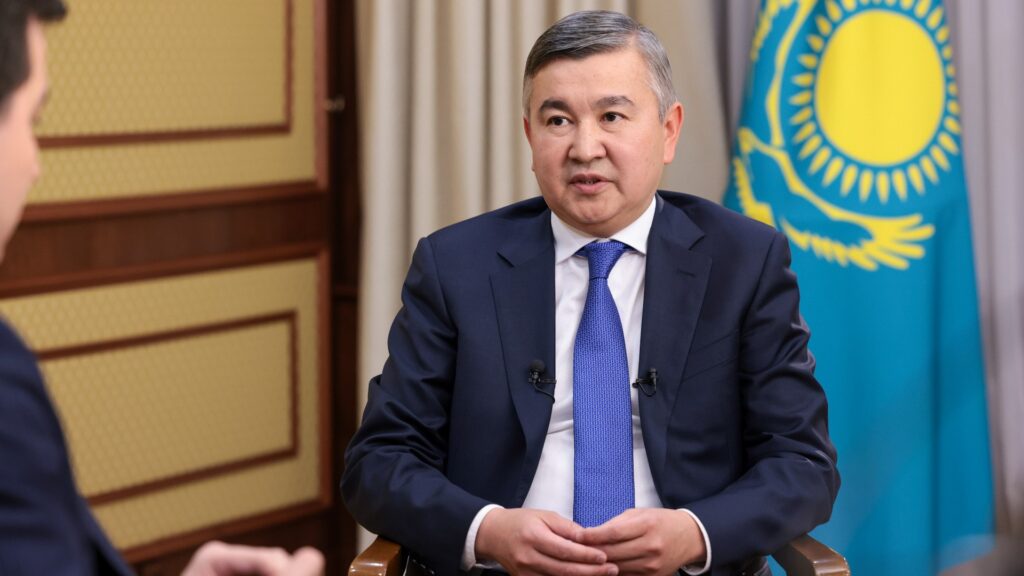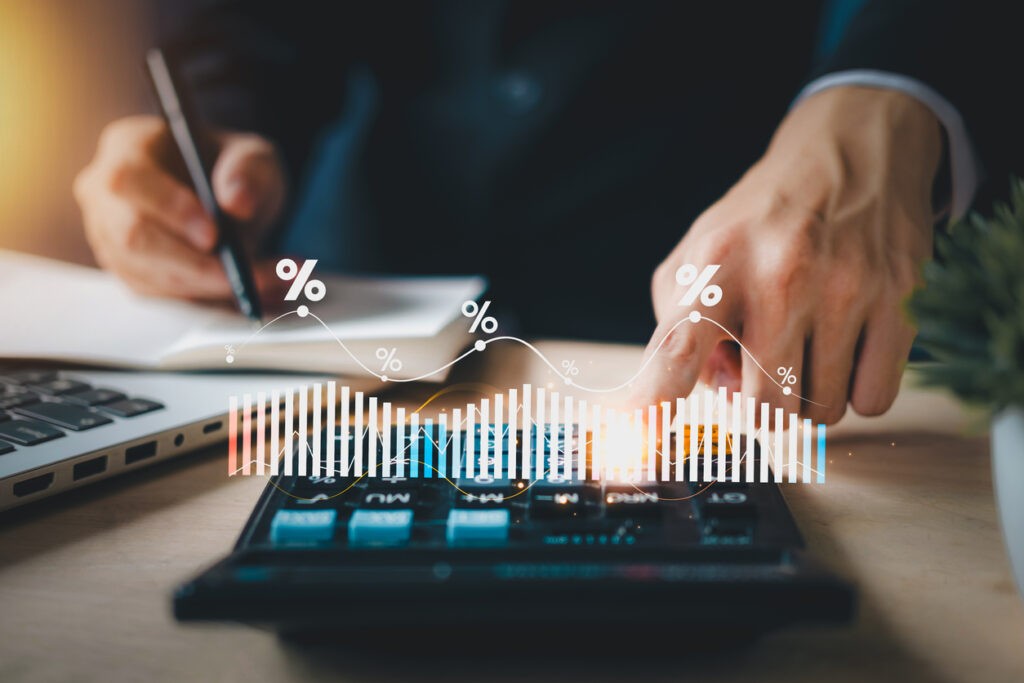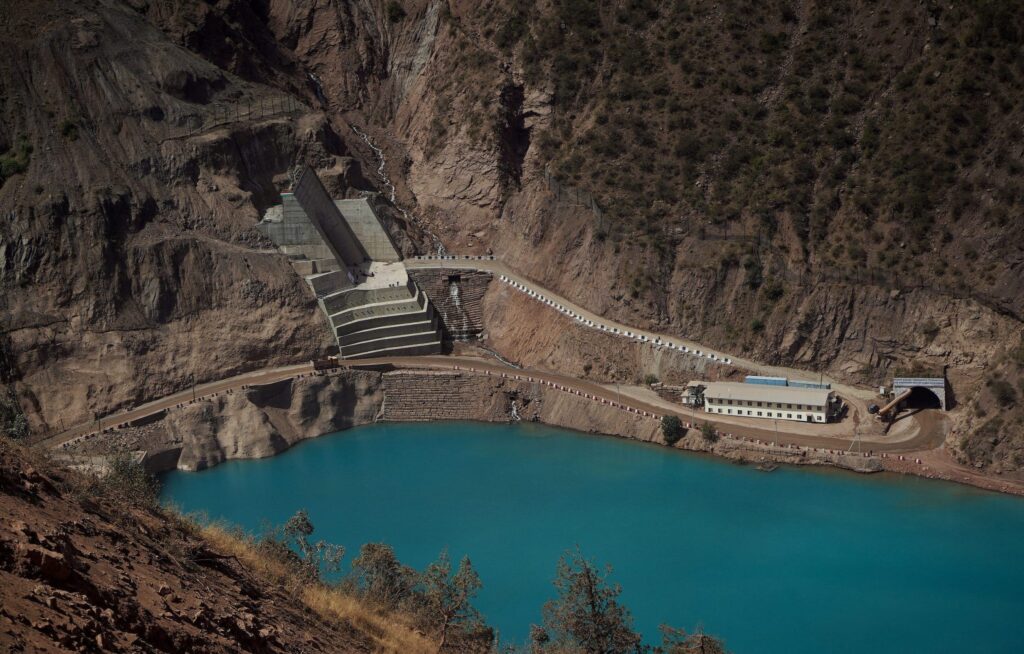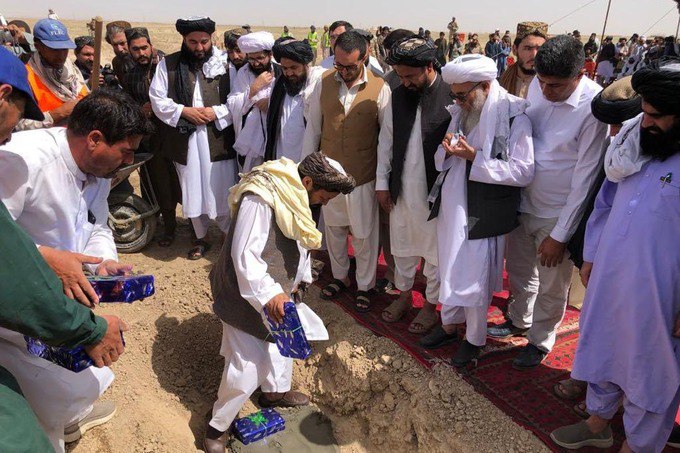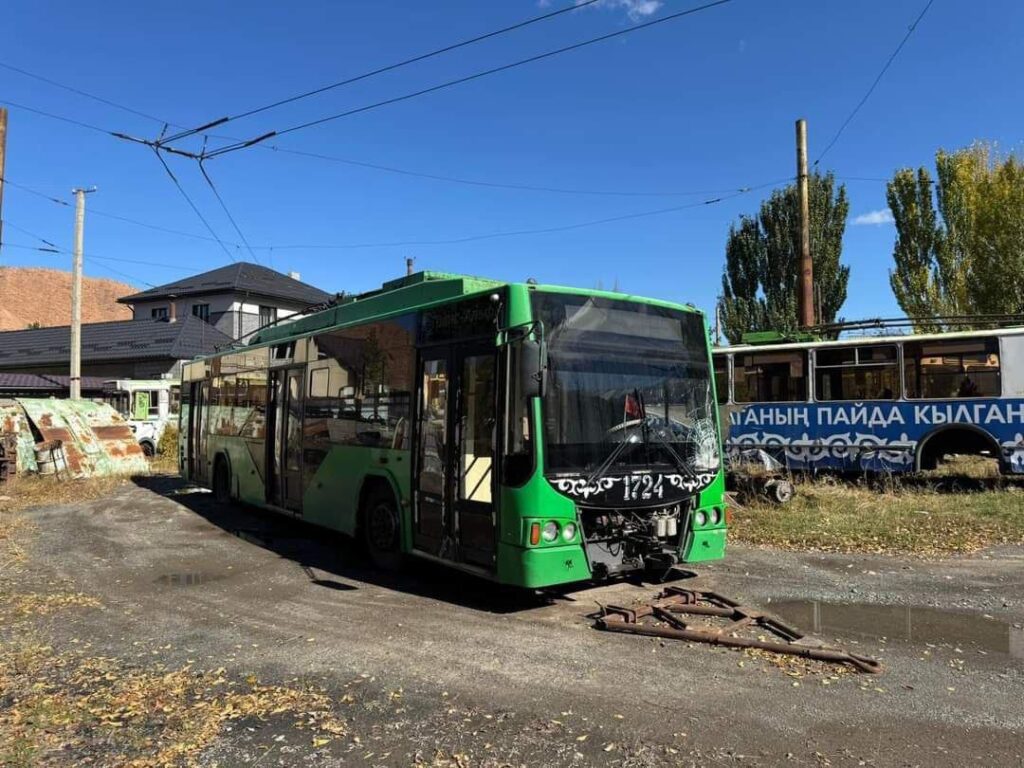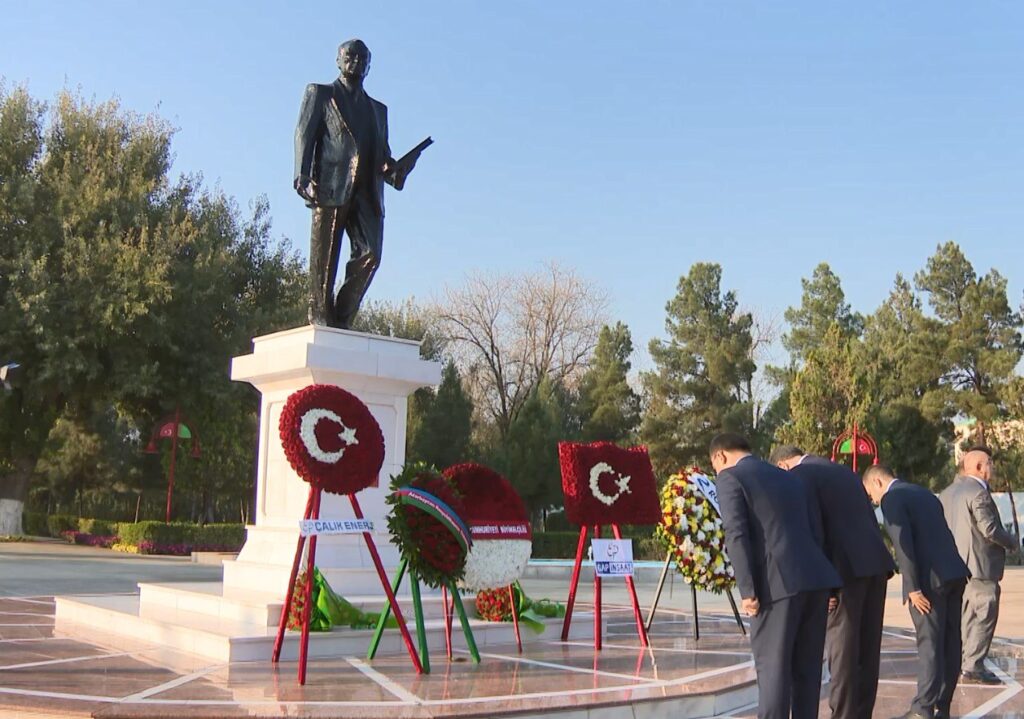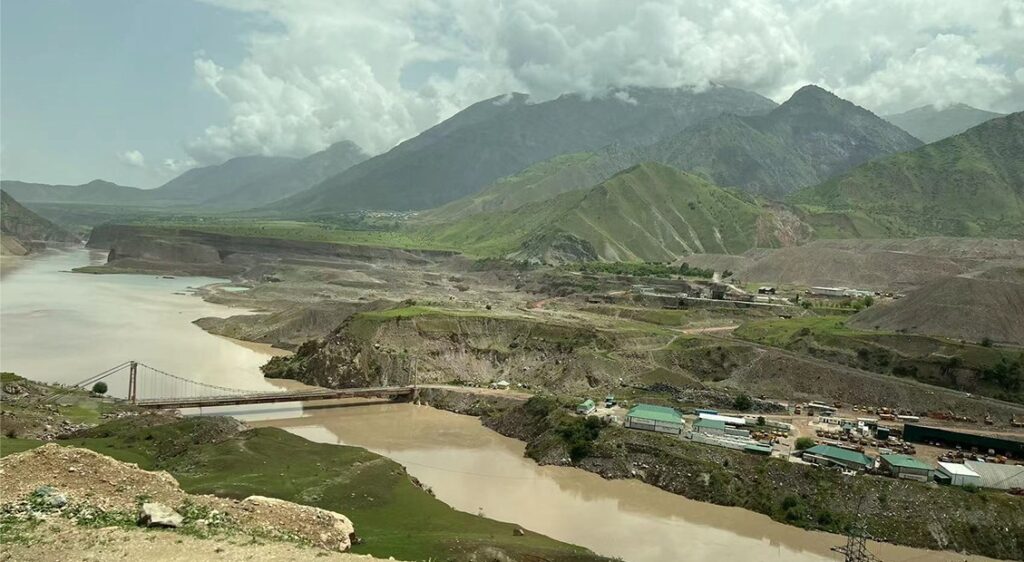ISTANBUL (TCA) — Government officials from Central Asia countries and over 300 investors from Turkey, Europe, and the Gulf countries gathered in Istanbul on February 18 to discuss investment in the region.
Speaking at the FT-EBRD Central Asia Investment Forum: Forging Relationships for Growth, EBRD President Sir Suma Chakrabarti and Turkey’s Deputy Prime Minister Mehmet Şimşek underlined the importance of reform and further investment in Central Asia, the EBRD press office reported.
The forum discussed the practicalities of doing business in Central Asia, the opportunities for international investors in the region and how to navigate the complexities of operating there.
EBRD President Chakrabarti stressed that Central Asia is a very important region for the EBRD, and reminded the audience of the Bank’s record investment in 2015 – €1.4 billion, bringing total EBRD investment in the region to €10 billion. He said that reforms are important to boost investment, but also stressed the need for investors to know more about the region and its opportunities.
“The region can be challenging, with lack of access to financing and unstable electricity supply among the chief obstacles to doing business. But it is also full of great promise. Central Asia’s massive investment needs can be turned into big opportunities,” Sir Suma said.
He also made the first official announcement about the EBRD’s future cooperation with the China-based Asian Infrastructure Investment Bank. He said the EBRD and AIIB are already in early stages of talks about co-financing road projects in Central Asia.
Deputy Prime Minister Şimşek commented that Turkey was one of the most important investors in Central Asia, a region with which it has strong economic and cultural links. “Central Asia’s success is our success because we think of them as our brothers,” he said. Turkey is prepared to provide grant financing to support reforms and for technical cooperation. Deep reforms could help turn challenges into opportunities in Central Asia, he said.
The first panel focused on the Central Asian investment climate and opportunities for investors in the region. Panelists looked at new economic links, discussed currency devaluations, mentioned new realities in countries which are now members of the Eurasian Economic Union, and discussed countries’ investment strategies.
Other discussion panels explored the end of the commodity super-cycle, diversification opportunities, and building up the region’s infrastructure in the light of new Silk Road regional programs and improved links with Russia, China and Europe.
The EBRD President said that the forum, which attracted strong interest from investors and experts, could become a regular EBRD event for Central Asia.
